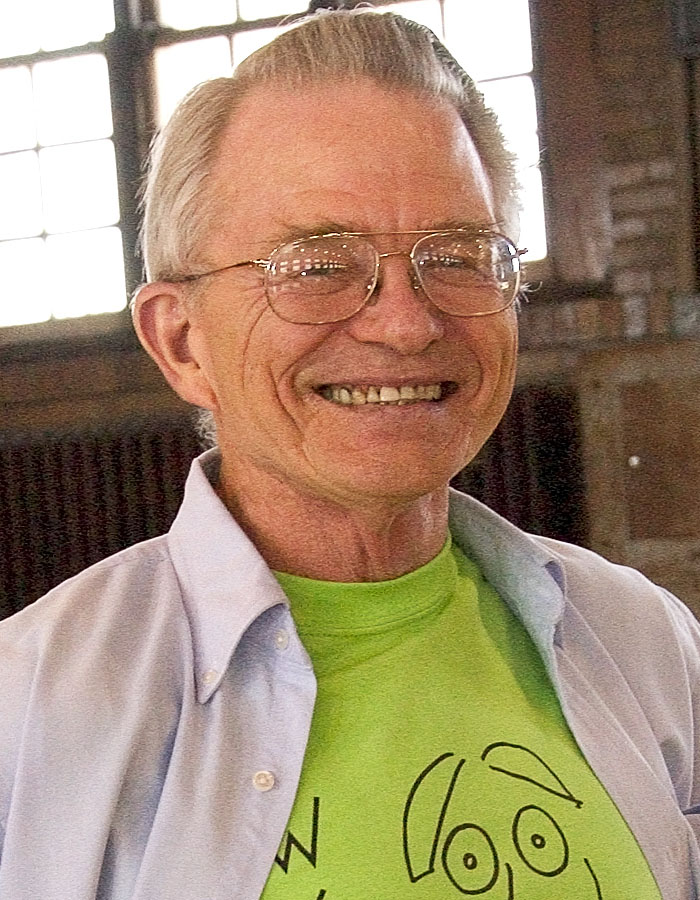The Accidental Chemist
 Thomas Barton PhD’67 did not intend to study chemistry. He didn’t like it in high school, where music took up much of his time. When he began college, prepared to study voice and clarinet, his advisor recommended Chemistry 117 for his science credit. “What about Chemistry 101?” asked Barton.
Thomas Barton PhD’67 did not intend to study chemistry. He didn’t like it in high school, where music took up much of his time. When he began college, prepared to study voice and clarinet, his advisor recommended Chemistry 117 for his science credit. “What about Chemistry 101?” asked Barton.
Retelling the story, Barton assumes a condescendingly sweet tone: “‘That’s for students who are good at science.’ And I said, ‘Well then, I’m taking Chemistry 101!’ Next thing I knew, I had a PhD.”
Barton had gotten hooked on chemistry and completed his bachelor’s in 1962. After a cold winter holiday in Texas, he threw out his applications for schools in the north and applied to the University of Florida. He kept his musicality alive through his friendship with Robert Grubbs ’63, M’65, who talked him into learning the ukulele. However, it was new faculty member Merle Battiste who helped Barton find his lifelong calling: teaching and research in organosilicon chemistry.
Barton talks about his years at UF with fondness, especially for his mentor. “I worked with a man I very much admired and had a deep friendship with. He is now departed,” he says. (Battiste passed away in 2009.) Battiste had arrived at UF with an NSF grant but no students. The department chair had allowed him one research associate, and he fortuitously chose Barton from a long list of incoming students.
Battiste wrote Barton a letter of recommendation to teach at Iowa State. After an anxiety-inducing waiting period, “He called and told them, ‘You guys better act quick or you’re gonna lose Barton!’” recalls Barton. “Turns out they’d put the letter in the wrong stack.” Mistake corrected, Barton taught and did research there for the rest of his career. He served as director of the research consortium at the US Department of Energy-run Ames Laboratory for 18 years. In 1982, he became the youngest winner of the prestigious Frederick Stanley Kipping Award; more than 30 years later, he became president of the American Chemical Society. However, at 66, he came back to Iowa State solely to teach for five years, which he says were “amongst the best five years of my life.” Having learned from Battiste what it meant to be a mentor, Barton bonded with those students. Looking back on UF and Battiste, he finds he is “happy, honored, and proud that I was able to conduct my graduate studies there.”